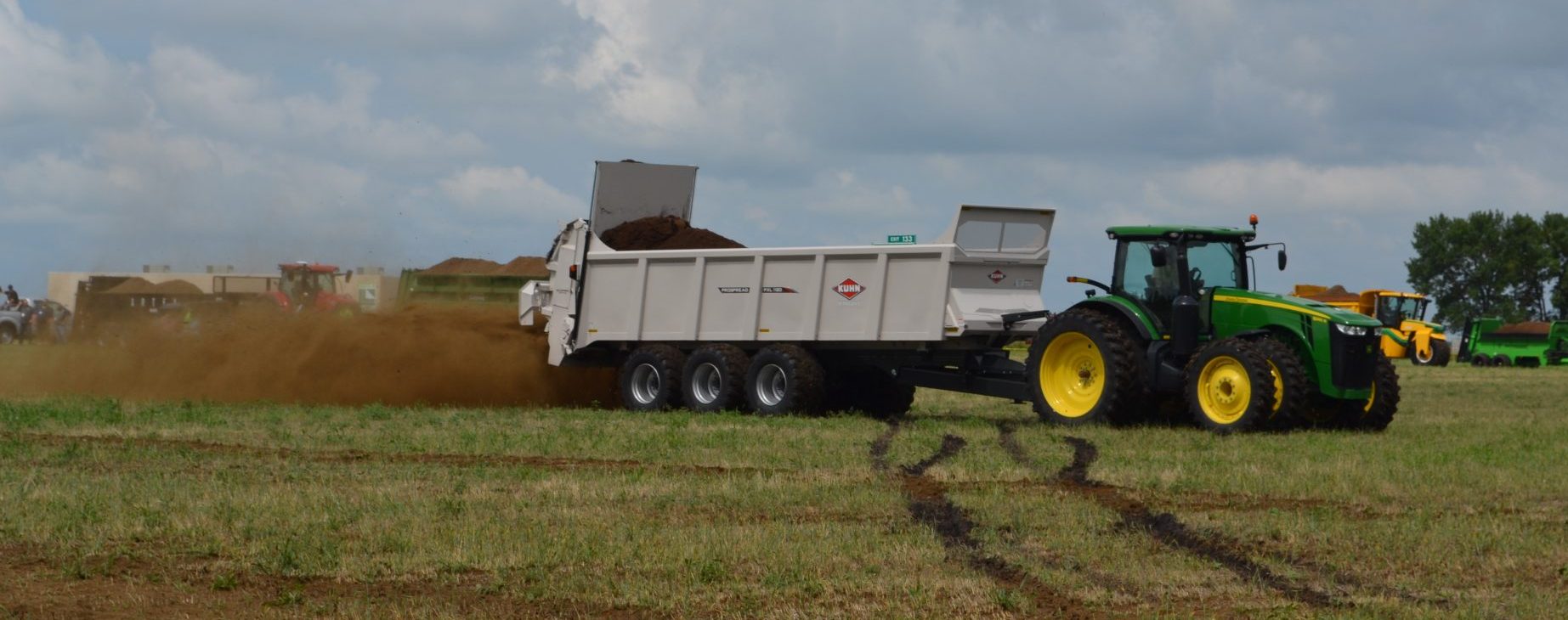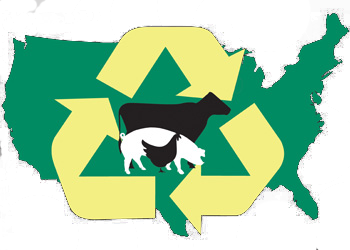With the decline of the rendering industry, managing routine livestock mortality in an effective, economical and environmentally sound manner has become more difficult. Over 900,000 horses have to be properly managed annually in the US. Disposal should be done in a manner that is most acceptable to the owner, protects public health and safety, does not create a nuisance, prevents the spread of disease, or have adverse effects on water and air quality.
Composting mortality is an option when done properly. It requires a carbon source such as wood chips or other chunky carbon and should be located in a well-drained area along field edges or other dry convenient areas. The carcass is then covered and left to passively compost. When managed properly, composting will deter domestic and wild animals from scavenging carcasses. Mortality composting, has been proven effective in deactivating pathogens, limits the risk of groundwater and air pollution contamination, and on-site composting reduces the potential for farm to farm disease transmission. On site composting also decreases transportation costs and tipping fees associated with off-site disposal. There is also the added benefit of producing a usable product. As with any farm operation health and safety issues exist in mortality composting. Proper training is the best means to reduce those health and safety issues.
In addition to routine mortality, every year we face animal related disasters including barn collapses, fires, lightning strikes, floods and winter storms. Composting provides an alternative to traditional carcass disposal as it is self-sufficient and can be “biosecure”. The temperatures achieved through the composting process will eliminate or greatly reduce pathogens, hindering the spread of disease. Research continues to demonstrate effective destruction of nearly all livestock diseases of concern. Being prepared ahead of time and considering the “what if’s” is important.
Authors
Bonhotal, Jean jb29@cornell.edu Cornell Waste Management Institute
For Additional Information
- [archived webinar] Livestock and Poultry Mortality Composting
- Managing Livestock and Poultry Mortalities (explores several options, including composting)
The authors are solely responsible for the content of these proceedings. The technical information does not necessarily reflect the official position of the sponsoring agencies or institutions represented by planning committee members, and inclusion and distribution herein does not constitute an endorsement of views expressed by the same. Printed materials included herein are not refereed publications. Citations should appear as follows. EXAMPLE: Authors. 2015. Title of presentation. Waste to Worth: Spreading Science and Solutions. Seattle, WA. March 31-April 3, 2015. URL of this page. Accessed on: today’s date.

